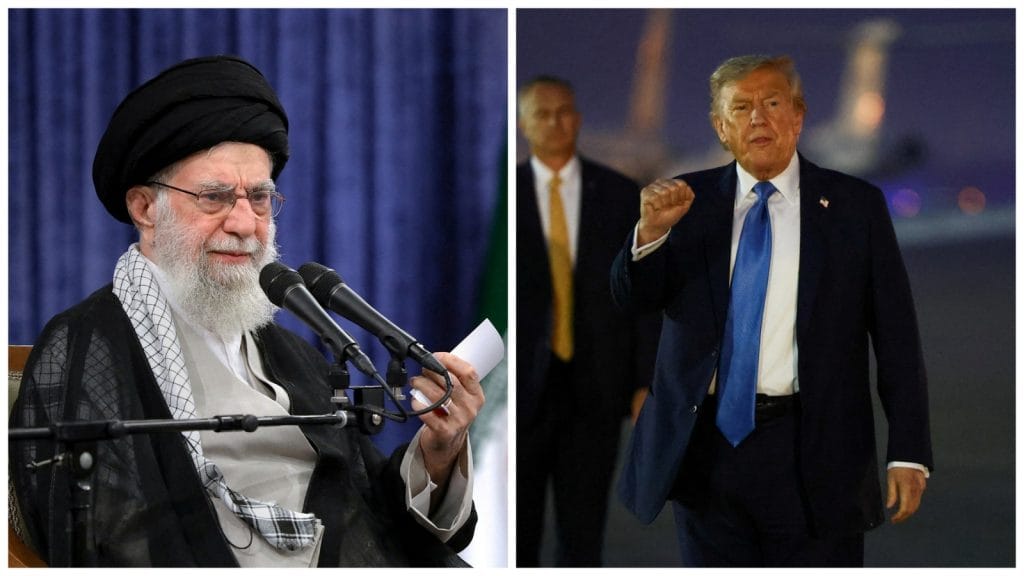
President Donald Trump called for a regime change in Iran a day after the US struck three nuclear sites in the Middle Eastern country. Earlier on Sunday, several Trump cabinet members stressed that the strikes on Iran were not to demand a regime change. However, Trump hinted at the possibility on social media.

“It’s not politically correct to use the term, “Regime Change,” but if the current Iranian Regime is unable to MAKE IRAN GREAT AGAIN, why wouldn’t there be a Regime change??? MIGA!!!” Trump posted on Truth Social.
Ali Khamenei’s office is yet to respond to Trump’s message.
Succession Process Under the Islamic Republic
Iran’s constitution mandates that the Assembly of Experts, an 88-member body of clerics elected for eight-year terms, selects the Supreme Leader, requiring a minimum of 45 votes. Candidates must demonstrate religious credentials, political loyalty, and the ability to maintain regime stability.
In an emergency, a Provisional Leadership Council (comprising the president, chief justice, and a Guardian Council cleric) assumes interim duties until a successor is chosen.
Frontrunners for Succession
Reports indicate Khamenei has pre-selected three senior clerics as potential successors to ensure a swift transition amid assassination threats.
Alireza Arafi: A senior cleric, deputy chairman of the Assembly of Experts, Guardian Council member, and head of Qom’s seminaries. His conservative ideology and deep ties to Iran’s religious and political elite make him a strong candidate. Arafi’s role as Qom’s Friday prayer leader, appointed by Khamenei, bolsters his influence.
Hashem Hosseini Bushehri: First Deputy Chairman of the Assembly of Experts and head of the Qom Seminary Society. A trusted Khamenei ally, Bushehri’s scholarly background and conservative stance position him as a “safe” choice to preserve the regime’s ideology.
Gholam-Hossein Mohseni-Ejei: Iran’s current Chief Justice and former intelligence minister under Mahmoud Ahmadinejad. His hardline credentials and judicial experience make him a contender.
Mojtaba Khamenei: The Supreme Leader’s son, a mid-ranking cleric with strong IRGC ties, is a controversial figure. Despite his influence in policy decisions for over 27 years, hereditary succession is taboo in Iran due to the 1979 revolution’s anti-monarchy roots.








